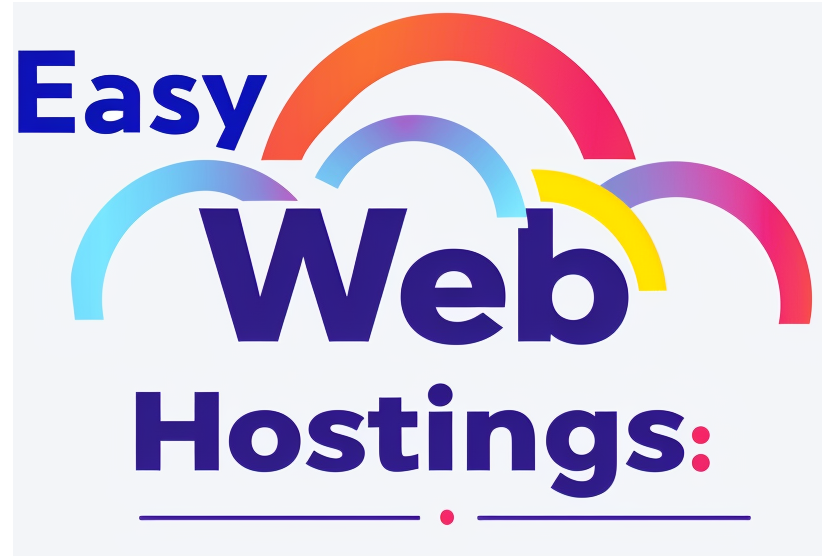In reality, the cloud has never been more relevant for SMBs, particularly in the area of accounting. In simple terms, “the cloud” or “cloud computing” refers to the delivery of computing services via the internet. That may be storage services, data analysis tools, or – in the case of http://msp-highway.com/fr/project/innovational_technologies/?print=y&url=%2Ffr%2Fproject%2Finnovational_technologies%2F this article – accounting services.
- If you use online banking, then you’re already primed to use cloud accounting.
- With cloud accounting software, your data is always at your fingertips.
- If you do the latter and have established a relationship with a payment processor, then your invoice can contain a stub explaining how the customer can return payment via credit card or bank withdrawal.
- Xero may be harder to learn than a simpler invoicing platform like Square Invoices or Zoho Invoice.
- Cloud accounting providers use encryption, rewriting your information into a secured, unbreakable code, to send and store your data.
There’s a QuickBooks plan for you
Traditional systems give you robustness and control, but cloud accounting gives you flexibility, efficiency, and real-time access to data. Having open APIs means that you can add a range of other third-party apps and tools that can help to expand your business system. This can include double entry accounting software and invoicing apps. It can also include any https://iratta.com/osnews/6445-donavia-nachala-rabotu.html other industry-specific project management tools. You can import data from another accounting system in bulk via CSV files once you’ve done the initial set up in Xero.
See how QuickBooks cloud accounting can work for your small business
Most small business accounting services also offer the option to import existing lists from CSV and XLS files, but your lists’ configurations aren’t likely to exactly match those of your application. You should still be able to modify the fields your lists include, however. Depending on how long your business has been operating, getting started with a small business accounting service can take anywhere from five minutes https://www.thevista.ru/page.php?id=9676 to several hours after you sign up for an account. Most offer free trials or a demo account, only charging a monthly subscription fee once you’re ready to commit. Generally speaking, the more you need from an accounting service, the longer it takes to set it up and the higher the monthly payment.
Why We Chose Wave
- Since they are internet-based, most cloud software programs are designed to work well with both PCs and Macs.
- This allows for easier operations and can automate tasks once requiring manual input.
- Sites provide drop-down lists of customers wherever they’re necessary, primarily in transactions.
- You don’t need to worry about wasting time with downloads and updates that come with regular software because the cloud is hosted remotely.
- You can also have far more flexibility with your employees if you allow them to work remotely.
The other six are more expensive ($30 to $99 per month), feature-rich, and customizable. They target larger small businesses that might have a few employees. Each has multiple tiers of service to meet the needs of companies that vary in size and complexity. Wave is best for sole proprietors and freelancers who want room to grow and have heavy invoicing needs. Its simple, understandable interface means even financial novices can use it.
However, before you make your final selection, it is always best to make sure the software is compatible with your operating system. This is vital when you’re looking to make big financial and strategic decisions and want access to the most up to date and relevant data. Accounting online with Xero will protect your data through multiple layers of security, such as encryption. You should consult your own professional advisors for advice directly relating to your business or before taking action in relation to any of the content provided.
How to choose cloud accounting software
Features of the free version include client management, expense and mileage tracking, multilingual and recurring invoicing, online payments and automatic payment reminders, and reports. You can import bank and credit card statements but can’t set up direct connections to your financial institutions. QuickBooks Online is known for its robust feature set, including key features, like project management, inventory accounting—and this makes it our overall best small business accounting software. If your business sells products, then you absolutely need inventory tracking to help you monitor inventory levels and generate purchase receipts. Many cloud accounting software limits inventory management to more expensive, higher-tier plans, so be prepared to pay extra for this feature.
Cloud accounting can be accessed from your phone, tablet or laptop, giving you access to your key numbers wherever you are. FreshBooks charges $19 per month and QuickBooks charges $35 per month). However, the best option and price point will depend on the specific capabilities and features you are looking for. Direct File is different from the IRS Free File program, which is a partnership between the IRS and trusted commercial software partners. If you meet certain eligibility requirements like AGI, you might be able to file federal and state returns for free using one of the partner websites.
